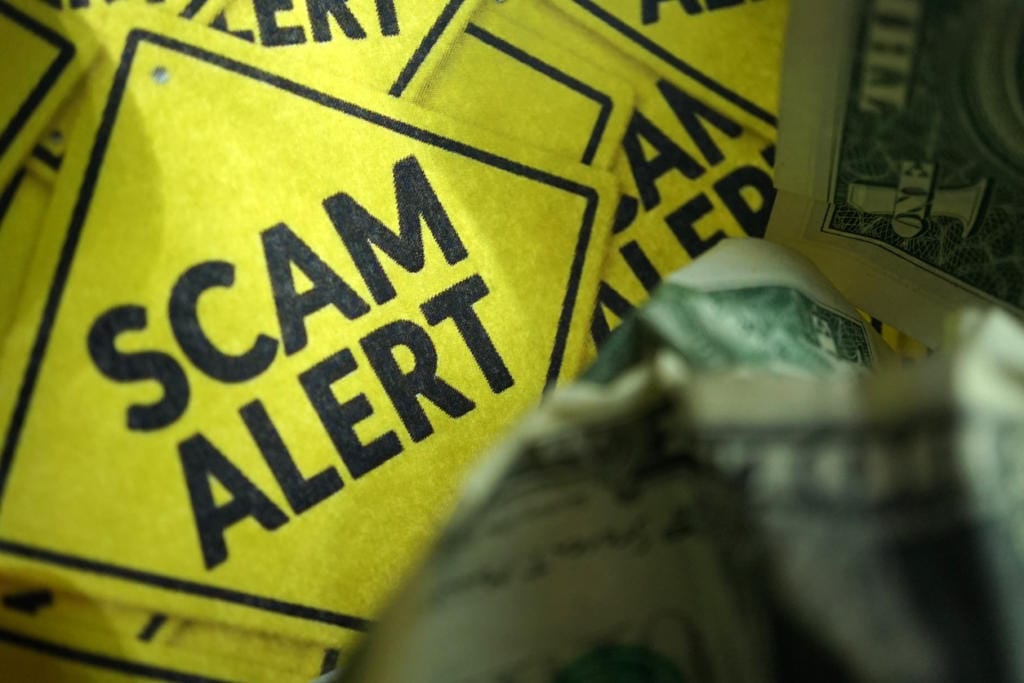Karen Nickell got a phone message on June 2 from a Clark Public Utilities number saying her service would be disconnected because she owed money.
When she called back, the man “had me convinced that I had not paid the bill,” Nickell, 73, said.
But when Nickell drove to Walgreens to try to buy a prepaid credit card for about $500, a clerk asked why she was buying a card. He told Nickell she was likely being scammed.
Clark Public Utilities had a spike of 1,883 scam reports from customers in June. It was 10 times more reports than the next highest month in the year, February. The spike was for no obvious reason, but scammers, likely operating outside the country, targeted utility customers in waves, Clark Public Utilities spokesman Dameon Pesanti said.
“I think the spike in June reveals two things: One, that our service area was heavily targeted by fraudsters in June, and also that, even in that paralyzing moment of attack, customers are remembering to hang up and call us directly to verify a contact whenever a caller claims to be a utility employee,” Pesanti said.
During the pandemic, Clark Public Utilities stopped disconnections to help people with economic stresses. But even during regular times, Clark Public Utilities will not call and threaten to shut off power immediately, as scammers do, he said.
“In normal times if we’re going to disconnect, it is no surprise,” he said. “It’s a very extensive process before customers receive the point of disconnection.”
Nickell said the scammer called from a number that showed up as “Clark Public Utilities” on her caller ID. Pesanti said that the technique for manipulating phone numbers is called “spoofing.” The scammer then told her to buy a Green Dot Bank card from the bank for about $500, which Pesanti said is a common method for scammers. However, the scammer did not know any of her personal information, such as her address, Nickell said.
“They are extraordinarily convincing,” Pesanti said. “This happens to people from all walks of life, all education and ages. They put you in this pressure cooker, and you have to make this decision immediately.”
Pesanti said that the main way to prevent the scams is to educate customers through newsletters, social media campaigns and columns in publication.
“Because we’re not law enforcement, the best thing we can do is to let our customers know how these scams operate,” he said.
The newest scam that Clark Public Utilities is hearing involves scammers sending fraudulent checks to customers that are worth more money than they owe, and the scammers ask the victims to send the difference back. Days later, the victim’s bank will then alert the victim that the check they received was fake, Pesanti said.
Nickell said that after the Walgreens employee told Nickell of his suspicion that she was being scammed, he helped her by calling Clark Public Utilities and confirming that her bill was paid.
“As amazing as it is that (the Walgreens employee) stepped in to catch this, there are so many people who make that payment,” Pesanti said, “and once they do, it’s too late.”




